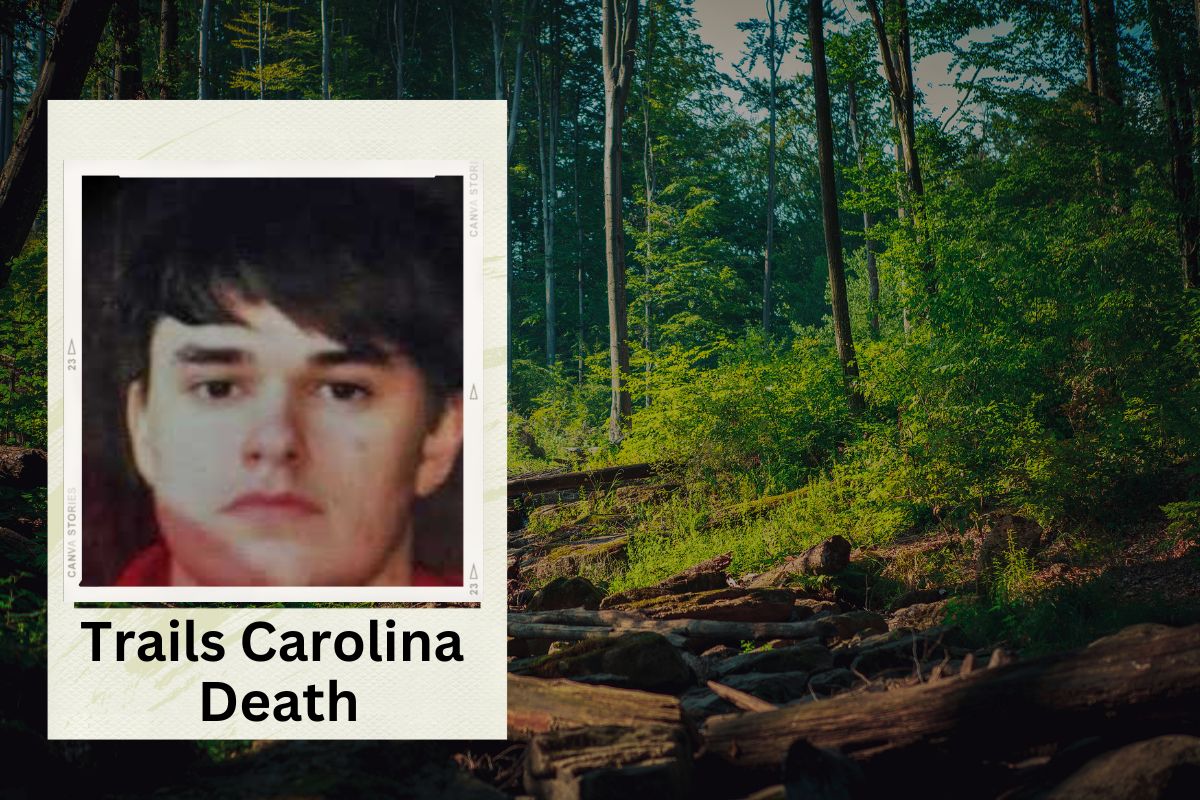TRAILS CAROLINA DEATH: A TRAGIC INCIDENT THAT RAISES QUESTIONS
The recent fatality of a participant within the Trails Carolina wilderness rehabilitation program has thrust the organization into the spotlight. This incident has not only shed light on the specific circumstances surrounding the tragedy but has also sparked broader concerns regarding the state of juvenile mental health treatment and the safety and efficacy of similar programs. This article aims to delve into the details of the Trails Carolina incident, examining its underlying causes, repercussions, and possible resolutions.
Table of Contents
UNDERSTANDING WILDERNESS THERAPY
What Is Wilderness Therapy?
Wilderness therapy represents an unconventional approach to addressing behavioral issues among troubled youth. It entails immersing participants in natural settings, removed from the trappings of modern society, for extended periods. Here, individuals focus on improving their emotional and behavioral well-being through experiential learning and outdoor activities.
THE RISE OF WILDERNESS THERAPY
Wilderness therapy offers an alternative approach to addressing behavioral challenges in troubled youth by immersing them in natural environments. Participants spend substantial periods away from civilization, focusing on enhancing their emotional and behavioral well-being.
The Tragic Incident
THE BACKGROUND
For years, the Trails Carolina program has operated amidst the picturesque scenery of North Carolina’s countryside. Families seeking transformation for their troubled adolescents have turned to this program with hopes of experiencing life-altering change.
THE DETAILS
During a wilderness therapy session, tragedy struck when a 16-year-old participant lost their life. The incident occurred during a hike, and the precise details are still under investigation.
THE AFTERMATH
The passing sent ripples of shock through the community, prompting parents, educators, and mental health professionals to scrutinize the safety of such programs for the children under their supervision.
Safety Concerns
ACCOUNTABILITY
In the wake of this tragic event, accountability has taken center stage. Questions arise regarding the responsibility for ensuring the safety of individuals participating in wilderness therapy programs. How can we implement measures to prevent similar catastrophes in the future?
REGULATION
Wilderness therapy programs operate within a legal gray zone, lacking significant regulation. The uncertainty surrounding these initiatives stems from the absence of clear legislative guidelines and licensing requirements.
The Efficacy Debate
DOES WILDERNESS THERAPY WORK?
Despite endorsements from certain parents and therapists, there remains scant evidence supporting the enduring effectiveness of wilderness therapy. Critics argue that traditional therapy approaches might offer safer and more reliable outcomes.
ETHICAL CONSIDERATIONS
Moral dilemmas arise when considering the use of wilderness and seclusion as therapeutic techniques. Is it ethical to subject troubled teens to the risks and uncertainties inherent in wilderness treatment?
Youth Mental Health And Treatment Alternatives
THE BROADER ISSUE
The Trails Carolina incident serves as a symbol of the broader struggle in tackling mental health issues among youth. Are we adequately supporting young individuals with mental health concerns? Moreover, is there a viable alternative to wilderness treatment?
ALTERNATIVE APPROACHES
Various options exist for addressing mental health disorders in young individuals, including individual treatment, family therapy, and, when deemed appropriate, medication. These approaches prioritize both safety and empirical evidence.
Conclusion
The tragic loss of life at Trails Carolina underscores the pressing necessity to reassess and refine the practices of wilderness treatment. This prompts concerns regarding the security, efficacy, and ethical considerations of such programs. As we move ahead, prioritizing the mental well-being of our adolescents must take precedence, urging us to explore safer and more efficacious treatment alternatives.






